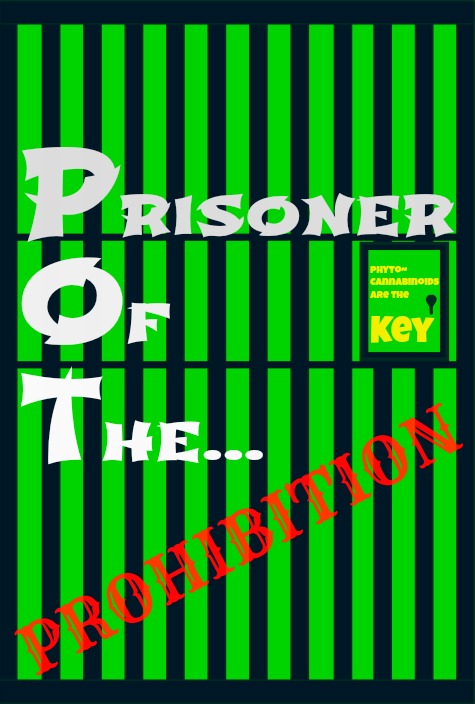2013 Jun;228(6):1314-22. doi: 10.1002/jcp.24288.
 Omega-3 PUFA ethanolamides DHEA and EPEA induce autophagy through PPARγ activation in MCF-7 breast cancer cells.
Omega-3 PUFA ethanolamides DHEA and EPEA induce autophagy through PPARγ activation in MCF-7 breast cancer cells.
Rovito D1, Giordano C, Vizza D, Plastina P, Barone I, Casaburi I, Lanzino M, De Amicis F, Sisci D, Mauro L, Aquila S, Catalano S,Bonofiglio D, Andò S.
Abstract
The omega-3 long chain polyunsaturated fatty acids, docosahexaenoic acid (DHA), and eicosapentaenoic acid (EPA), elicit anti-proliferative effects in cancer cell lines and in animal models. Dietary DHA and EPA can be converted to their ethanolamide derivatives, docosahexaenoyl ethanolamine (DHEA), and eicosapentaenoyl ethanolamine (EPEA), respectively; however, few studies are reported on their anti-cancer activities. Here, we demonstrated that DHEA and EPEA were able to reduce cell viability in MCF-7 breast cancer cells whereas they did not elicit any effects in MCF-10A non-tumorigenic breast epithelial cells. Since DHA and EPA are ligands of peroxisome proliferator-activated receptor gamma (PPARγ), we sought to determine whether PPARγ may also mediate DHEA and EPEA actions. In MCF-7 cells, both compounds enhanced PPARγ expression, stimulated a PPAR response element-dependent transcription as confirmed by the increased expression of its target gene PTEN, resulting in the inhibition of AKT-mTOR pathways. Besides, DHEA and EPEA treatment induced phosphorylation of Bcl-2 promoting its dissociation from beclin-1 which resulted in autophagy induction. We also observed an increase of beclin-1 and microtubule-associated protein 1 light chain 3 expression along with an enhanced autophagosomes formation as revealed by mono-dansyl-cadaverine staining. Finally, we demonstrated the involvement of PPARγ in DHEA- and EPEA-induced autophagy by using siRNA technology and a selective inhibitor. In summary, our data show that the two omega-3 ethanolamides exert anti-proliferative effects by inducing autophagy in breast cancer cells highlighting their potential use as breast cancer preventive and/or therapeutic agents.
Copyright © 2012 Wiley Periodicals, Inc.
Copyright © 2012 Wiley Periodicals, Inc.
- PMID:
23168911
[PubMed – indexed for MEDLINE]
Publication Types, MeSH Terms, Substances
Publication Types
MeSH Terms
- Antineoplastic Agents/pharmacology*
- Apoptosis Regulatory Proteins/metabolism
- Autophagy/drug effects*
- Breast Neoplasms/genetics
- Breast Neoplasms/metabolism*
- Breast Neoplasms/pathology
- Cell Proliferation/drug effects
- Cell Survival/drug effects
- Docosahexaenoic Acids/pharmacology*
- Dose-Response Relationship, Drug
- Eicosapentaenoic Acid/pharmacology*
- Ethanolamine/pharmacology*
- Female
- Gene Expression Regulation, Enzymologic
- Gene Expression Regulation, Neoplastic
- Humans
- MCF-7 Cells
- Membrane Proteins/metabolism
- Microtubule-Associated Proteins/metabolism
- PPAR gamma/agonists*
- PPAR gamma/genetics
- PPAR gamma/metabolism
- PTEN Phosphohydrolase/genetics
- PTEN Phosphohydrolase/metabolism
- Proto-Oncogene Proteins c-akt/metabolism
- Proto-Oncogene Proteins c-bcl-2/metabolism
- RNA Interference
- Signal Transduction/drug effects
- TOR Serine-Threonine Kinases/metabolism
- Time Factors
- Transcription, Genetic
- Transcriptional Activation
- Transfection
- Up-Regulation
Substances
- Antineoplastic Agents
- Apoptosis Regulatory Proteins
- BECN1 protein, human
- Membrane Proteins
- Microtubule-Associated Proteins
- PPAR gamma
- Proto-Oncogene Proteins c-bcl-2
- light chain 3, human
- Docosahexaenoic Acids
- Ethanolamine
- Eicosapentaenoic Acid
- MTOR protein, human
- TOR Serine-Threonine Kinases
- Proto-Oncogene Proteins c-akt
- PTEN protein, human
- PTEN Phosphohydrolase
LinkOut – more resources
Full Text Sources
Medical
Molecular Biology Databases
Miscellaneous


